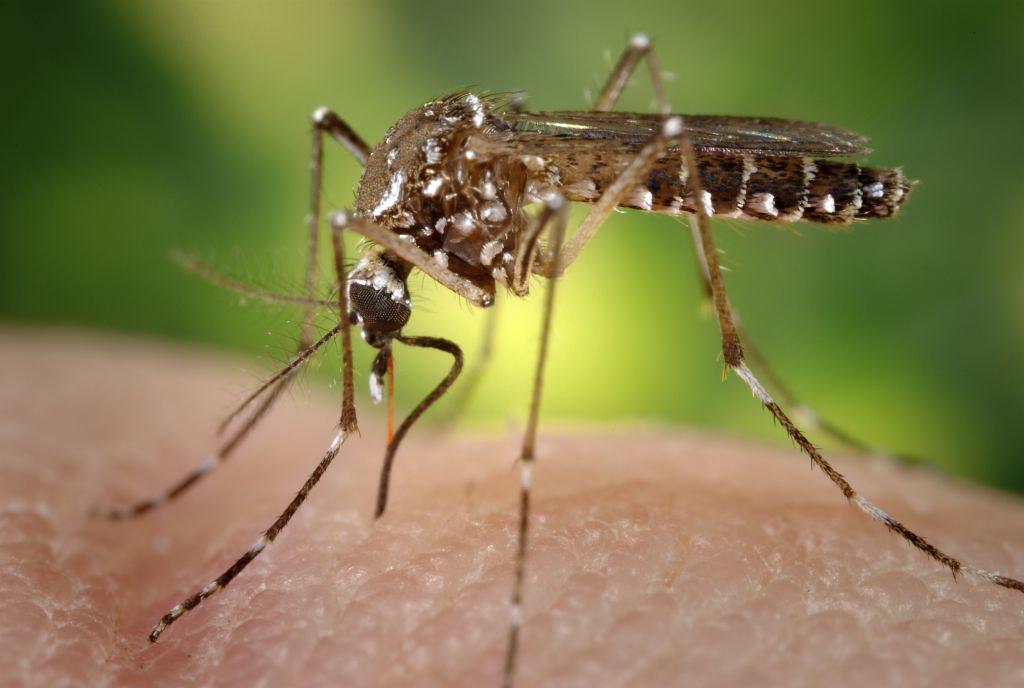Many Wellesley students have heard about Eastern Equine Encephalitis (EEE), the deadly mosquito virus that has taken the lives of three Americans in recent weeks. The spread of the disease to areas near Wellesley College has left some students on edge, with questions about how they can best prepare themselves.
EEE is a virus spread by the bites of infected mosquitoes. According to the Massachusetts state website, the symptoms, which include fever, seizures and brain swelling, occur three to ten days after being bitten. The reason this disease is so dangerous is the possibility of brain inflammation.
Recently, specific areas in Massachusetts have felt the effects of the virus. On Saturday, Sept.15, officials confirmed the eighth case of EEE in the state.
Fortunately, Wellesley is considered a low-risk region for this disease. Ms. Suzanne Howards, who serves as the Director of Environmental Health and Safety at Wellesley, commented, “The College remains aware of overall risks of mosquito-borne illnesses and provides information to the community as needed. Our Grounds employees work towards controlling mosquito populations as much as one can with our landscape.”
Dr. Sarah Rosenberg-Scott of Health Services has reassured that, “[EEE has] been addressed all the way from the President through the Deans through the facilities and Health Services.” The College has taken preventative measures such as removing standing water such as puddles or bird baths, and making sure students know how to dress when they decide to participate in activities at dusk or dawn. Last Tuesday evening, the student body received an email that said the state would be spraying Wellesley College and the surrounding area with a chemical called Anvil. Since this announcement, many students have been worried about the impacts of this on their health and how it would affect the environment. The state website maintains that they have scientific evidence to suggest that the practice is harmless. Dr. Rosenberg-Scott recommends that students, “use a real strong repellent insect repellent . . . when we’re really trying to prevent mosquito-borne disease, you do need something that has DEET.” According to Consumer Reports, DEET is a yellowish liquid that repels many insects, including mosquitos and ticks. It is the most commonly used form of repellent.
Additionally, students should keep in mind that areas with standing water have a higher chance of mosquitoes breeding. Students should wear repellent and full sleeved shirts if they choose to walk around Lake Waban, as many parts of the lake have standing water.
Howards asks that students contact the Service Center if they observe an area where water is collecting. Students should make sure to take care of themselves and follow the mentioned safety tips in the coming weeks.




